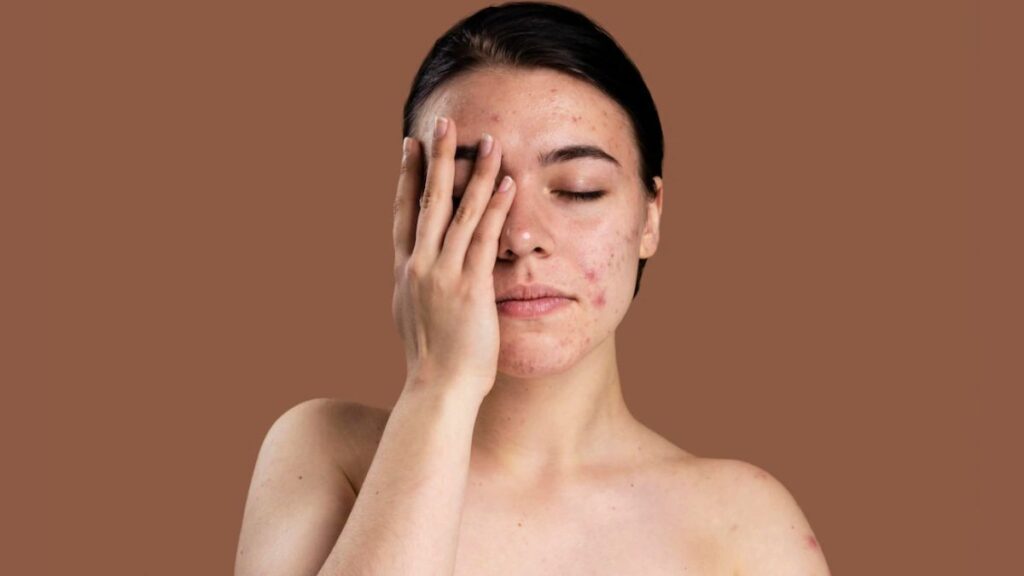Inputs by – Dr. Chandni Jain Gupta, Dermatology, Venereology I Cosmetology, ELANTIS Healthcare, New Delhi
Human skin can suffer serious consequences from prolonged air pollution exposure. Severe impacts on human skin can result from prolonged exposure to different air pollutants and elements that contribute to air pollution, such as UV radiation, polycyclic aromatic hydrocarbons, volatile organic compounds, oxides, particulate matter, ozone, and cigarette smoke. Through oxidative damage, air pollutants alter the way lipids, deoxyribonucleic acid, and proteins in human skin function. This results in wrinkles, pre-mature skin ageing and inflammatory or allergic disorders such contact dermatitis, atopic dermatitis, psoriasis, acne, and skin cancer The skin’s living tissues and cells are weakened by oxidative damage, which also makes you more susceptible to certain skin conditions and speeds up the premature aging process.
The term “oxidative damage” refers to an imbalance between unstable chemical molecules found on our skin and antioxidants that can damage our skin cells.
The ageing process of the skin is accelerated by an extended state of oxidative damage resulting in texture changes and wrinkle formation.
Millions of different types of bacteria, fungus, and viruses live on human skin and make up the skin microbiome (skin microbiome refers to the collection of bacteria, fungi, and viruses present on the human skin) To combat external microorganisms and prepare the immune system for any external illness causes, these are crucial. Pollution can reduce the number or diversity of bacterial communities in the natural microbiome population and allow dangerous bacteria to grow on the skin, which can result in a number of skin conditions. One of the main bacterial strains responsible for inflammatory acne, Cutibacterium acnes, can develop in an airless, oily and sticky environment caused by pollution particles physically settling on the skin and blocking pores.

